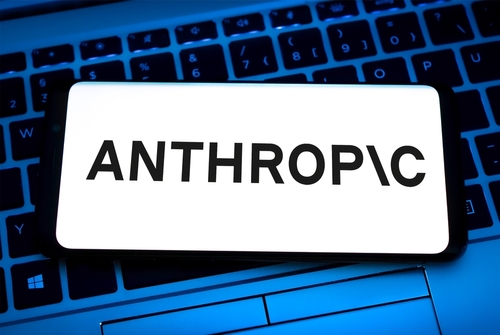Anthropic has unveiled its Model Context Protocol (MCP), a groundbreaking initiative that promises to revolutionize how AI systems interact with enterprise data and legacy applications. This open-source protocol represents a crucial step forward in addressing one of the most challenging aspects of implementing AI agents in business environments: seamless integration with existing systems.
The protocol’s introduction comes at a critical time when organizations are increasingly looking to implement AI agents and agentic workflows into their operations. While much attention has been focused on the capabilities of AI models themselves, the challenge of connecting these systems to existing enterprise infrastructure has remained a significant hurdle. Anthropic’s MCP aims to solve this problem by providing a standardized approach to connecting AI models with various data sources, from file systems to relational databases and code repositories.
At its core, MCP operates through a sophisticated architecture that facilitates bidirectional communication between AI models and external systems. This design enables AI applications to maintain context awareness while interacting with multiple data sources, significantly enhancing the relevance and accuracy of AI-generated responses. The protocol’s client-server architecture consists of MCP servers acting as data gateways, clients that represent AI-powered tools, and a secure communication layer managing data exchange between local and remote resources.
Anthropic has already demonstrated its commitment to practical implementation by developing Software Development Kits (SDKs) for Python and TypeScript, along with pre-built servers for popular enterprise systems including Google Drive, Slack, GitHub, and Postgres. This ready-to-use infrastructure significantly reduces the development overhead for organizations looking to implement AI solutions.
The protocol’s significance becomes particularly apparent when compared to historical enterprise integration solutions. Drawing parallels to Service-Oriented Architecture (SOA) protocols like SOAP and WSDL, which transformed web services communication, MCP appears positioned to play a similar foundational role in the AI era. However, unlike its predecessors, MCP is specifically designed to address the unique challenges of AI model integration, supporting the dynamic and context-aware nature of modern AI applications.
One of the protocol’s most notable features is its ability to enhance AI agents’ capabilities through direct, real-time communication with external systems. This advancement enables AI agents to perform complex tasks autonomously, from managing software development workflows to processing real-time data from multiple sources. The protocol’s open-source nature and versatile design make it adaptable across various environments, including low-code platforms and cloud services.
However, the success of MCP, like any foundational technology, will largely depend on industry-wide adoption and standardization efforts. The protocol’s future effectiveness hinges on the participation of major AI industry players such as OpenAI, Google, Microsoft, Meta, and Mistral. Their involvement could be crucial in establishing MCP as a standard protocol for AI integration, much like how industry support helped establish SOA protocols as fundamental technologies for web services.
The implications of MCP extend beyond technical integration. By providing a standardized approach to AI integration, the protocol could help address broader concerns about AI implementation, including transparency, security, and compliance. Its structured approach to data access and communication could make it easier for organizations to implement AI solutions while maintaining control over their data and systems.
Looking ahead, the protocol faces both opportunities and challenges. While its potential to streamline AI integration is clear, questions remain about scalability, security, and performance in enterprise environments. The success of MCP will likely depend on how well it can adapt to evolving AI technologies and enterprise needs while maintaining the simplicity and effectiveness that makes it attractive to developers and organizations.
As AI continues to evolve and become more integral to business operations, protocols like MCP may become increasingly crucial in bridging the gap between cutting-edge AI capabilities and traditional enterprise systems. Anthropic’s initiative represents not just a technical solution but a strategic step toward making AI more accessible and practical for business applications.
By providing a standardized framework for AI integration, MCP could help accelerate the adoption of AI technologies across industries while ensuring that organizations can maintain control over their data and systems. As the protocol continues to develop and gather industry support, it may well prove to be a pivotal element in the ongoing evolution of enterprise AI implementation.
















Add Comment